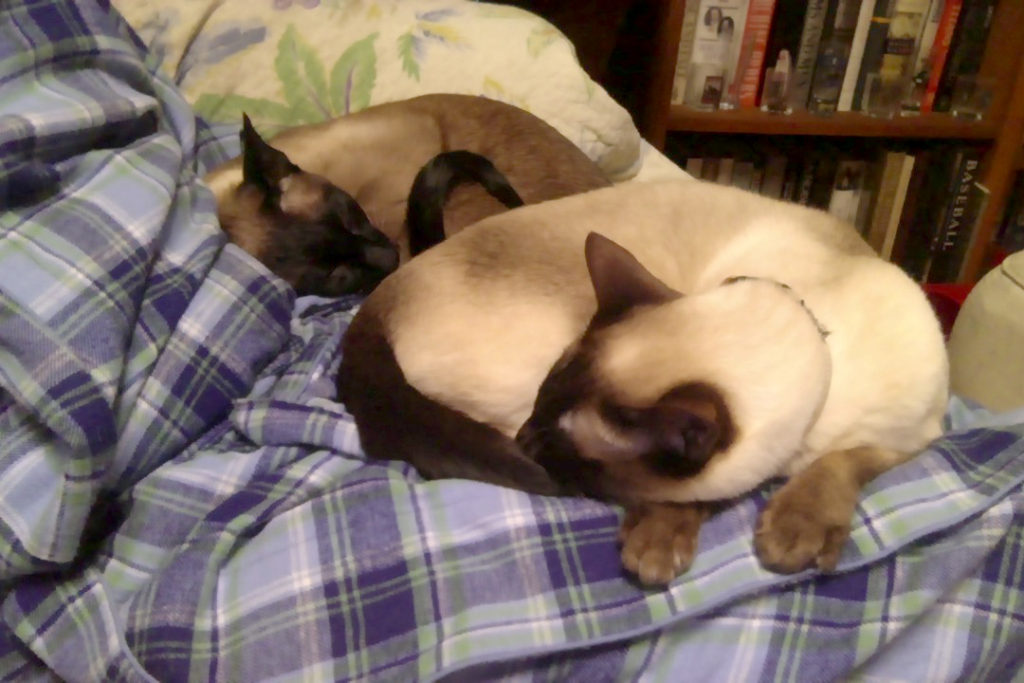As I began my previous post: The long-awaited, or dreaded, Mueller Report: Volume II is out.
This work concentrates not on Russian interference in the 2016 election and any connections with the Trump campaign, but on whether or not Trump (et al) obstructed or attempted to obstruct the government’s investigation of that interference. As such, it was more difficult reading and there was a great deal of legalize with which to deal.
Impressions
- Mr. Trump and, many, if not most, of the people around him have no respect for the truth. In fact, I have my doubts that some of them even have a concept of “truth.” If the statement helped Mr. Trump it was good; if the statement harmed Mr. Trump it was bad. Whether the statement was true or not had/has no place in the discussion.
- It is interesting that some of the people surrounding Mr. Trump (whether in government positions or not) refused to follow his instructions, sometimes repeatedly.
- Questions of (Constitutional) law are complicated — especially, involving the separation of powers.
- We are lucky in that we have a system of checks and balances which limits both the powers of Congress and the President.
A charge of Obstruction of Justice needs three elements:
- An obstructive act —
Obstruction-of-justice law “reaches all corrupt conduct capable of producing an effect that prevents justice from being duly administered, regardless of the means employed.”
-
Nexus (a connection) to a pending or contemplated official proceeding;
- Corruptly (intent) —
The word “corruptly” provides the intent element for obstruction of justice and means acting “knowingly and dishonestly” or “with an improper motive.”
In other words: Did Mr. Trump (or others at his direction) corruptly obstruct, or attempt to obstruct, the investigations by the FBI or Special Counsel.
The Mueller Report goes into a great deal of detail to explain the above, the conduct of Mr. Trump and his associates in regards to it and the constitutional ramifications of various actions and charges.
I found the Report to be damning.
I also found the lack of people willing to come forward and honestly tell their stories disturbing. There are no real “good guys” connected with the White House. Everyone, even those who refused to carry out Mr. Trump’s instructions, seemed/seems to be concerned with only themselves — no one puts America first.
It took me two days to read through Volume II. While the language was no more difficult than Volume I, the content density of the material was greater and frequently required re-reading of sections.
Following the investigative material and its conclusions is the Appendix:
AAAAAA. The order establishing the Special Counsel;
AAAAAB. A Glossary of names and brief descriptions of individuals and entities referenced in the two volumes of the report;
AAAAAC. Questions submitted to Mr. Trump for written replies (and the reasoning behind this) and Mr. Trump’s replies;
AAAAAD. The matters transferred or referred by the Special Counsel’s Office, as well as cases prosecuted by the Office that are now completed.
To get the full impact of the Mueller Report you must actually read it. No media summary and commentary is sufficient. However, the following may give you a hint of its effect.
Because we determined not to make a traditional prosecutorial judgment, we did not draw ultimate conclusions about the President’s conduct. The evidence we obtained about the President’s actions and intent presents difficult issues that would need to be resolved if we were making a traditional prosecutorial judgment. At the same time, if we had confidence after a thorough investigation of the facts that the President clearly did not commit obstruction of justice, we would so state. Based on the facts and the applicable legal standards, we are unable to reach that judgment. Accordingly, while this report does not conclude that the President committed a crime, it also does not exonerate him.”
